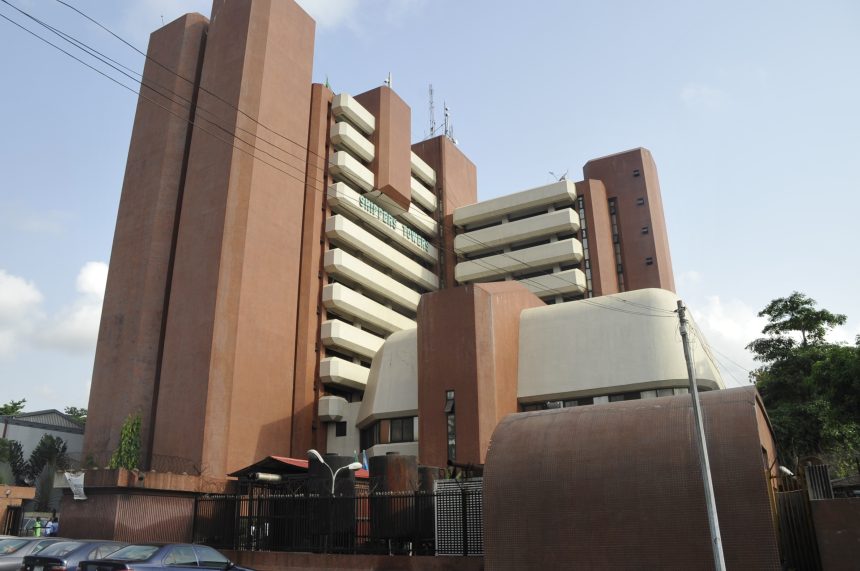The Nigerian Shippers’ Council ( NSC) has asserted that to harness the potentials inhenrent in African Continental Free Trade Agreement (AfCFTA), African countries in West, Central Africa sub-region must fast-track the dismantling of various tariff and non-tariff barriers hindering intra-Africa trade.
Speaking during the welcome address at the 9th United African Shippers’ Council (UASC), in Lagos on Monday, with theme: ‘African Continental Free Trade Agreement, A veritable platform for African Shippers to Mainstream into global trade,’ the Executive Secretary/ Chief Executive Officer, Nigerian Shippers’ Council (NSC), Hon. Emmanuel Jime, said African leaders must embrace tariff liberalisation for intra-African trade to thrive.
According to him, trading within African countries is presently at a paltry 11%, while Africa’s trade to global trade is at ridiculous 3%.
He, however, advised that re-orientation and re-organization of intra-Africa trade should start from West and Central Africa sub-region, saying, should the region get it right, it will be easier for other sub-regions in the African continent to trade among themselves.
“I believe that AfCFTA is a very important tool to boost the African economy by increasing intra-African trade. When adequate measures are put in place to reduce tariff and non-tariff barriers that hamper trading between Countries in the continent, then we will be on our way to achieving greater economic development for the continent.
“We all know that it is not an easy task, because a lot of things have been left undone in the past, but We can start now with great commitment and determination, we can achieve the Africa we all desire,” Jime said.
The Shippers Council’s boss, however, stated that if potentials inherent in intra-African trade are effectively harnessed, the African economy would expand by 52.3%.
“The United nations Commission for Africa estimated that AFCFTA would expand the size of Africa’s economy to US$29 trillion by 2050 and increase intra-African trade to 52.3% from the current 11%. Share of Africa’s trade to global trade is expected to double from current 3% to 6% with the implementation of the agreement. The re-orientation and re-organization of intra-African trade should start from our subregion, when we get it right in West and Central Africa, it would be much easier to connect and freely trade with other regions of the continent.”
“We need to create smooth integration of our transport infrastructures and trade policies as well as the required awareness among the economic operators in the sub-region. There is need to sensitize our various governments to fast track the dismantling of various tariff and non-tariff barriers that are hindering international trade. We should always look at the holistic impact which tariff liberalization would have on our economy rather than just considering the immediate shortfall.”











